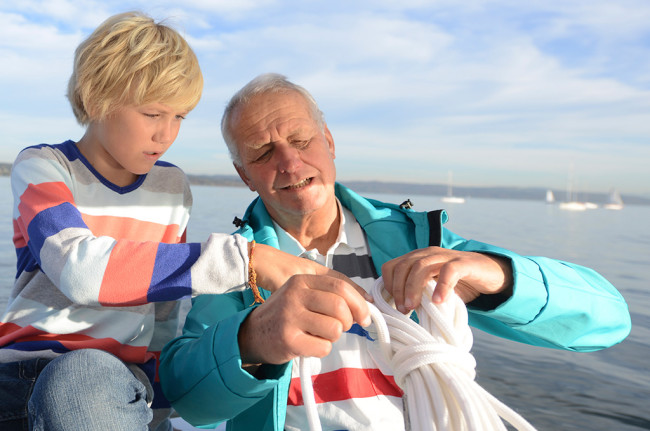Did you know?

Macular Degeneration
Macular degeneration is a very common eye problem and the most frequent cause of visual impairment in people older than 60.

A person is considered to have low vision when ordinary eyeglasses, contact lenses and surgical procedures cannot provide adequate vision to perform everyday activities.
This condition should not be confused with blindness. People with low vision still have useful vision which can often be improved with specialized training and devices.
Low vision can result from a variety of diseases and injuries including diabetes, glaucoma, cataract and age-related macular degeneration.
Low vision can affect people of all ages.
People with low vision experience physical, economic and psychological changes that diminish their quality of life.
Without assistance and training, patients may have difficulty using low vision devices and completing necessary daily living tasks such as
The purpose of a low vision exam is to identify specific problems that you are having. The solutions may range from simple glasses to state of the art electronic devices.
Our goal is to maximize your remaining vision and help you regain your independence.
There are a number of low vision devices available today. Some examples include high-powered reading glasses, optical magnifiers and video magnifiers for reading and writing. Telescopic spectacles can be prescribed for TV viewing and other distance activities.
We also provide training in the proper use of low vision devices and their applications in everyday activities.
Medicare and most insurance providers cover a low vision examination and training.
Low vision devices are purchased by the patient.